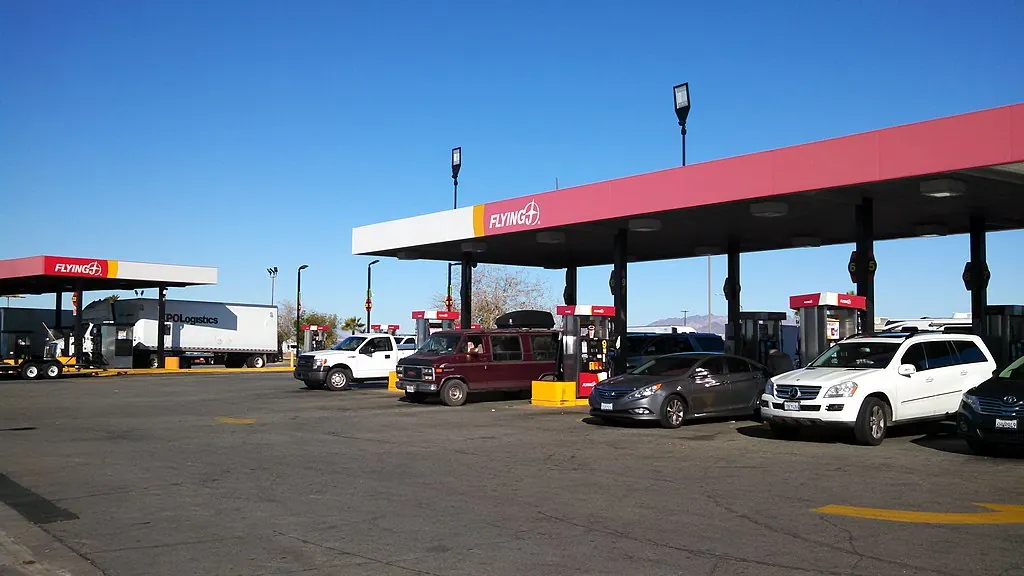Card Skimming Vulnerability
The physical use of payment cards at gas stations exposes companies to sophisticated skimming operations. Independent criminals and organized groups have been known to install nearly undetectable devices on fuel pumps that capture card data and record PIN entries, enabling unauthorized purchases and outright theft. Once they have your information, you may find your company is paying for gasoline across the country!
These skimming devices represent a particularly insidious threat because they victimize even the most conscientious employees who are following all company protocols. With technology becoming increasingly sophisticated, visual inspection alone is often insufficient to detect these fraudulent installations.
Fuel Card Misuse
Despite being marketed as anti-fraud solutions, fuel cards themselves can become vehicles for unauthorized spending. Common misuses include fueling unauthorized vehicles, filling portable fuel containers for personal use (“side fueling”), or adding non-fuel purchases to transactions (“slippage”). While some may suspect this comes down to employee misuse, it often comes from a lack of education around card use policy and simple mistakes.
The financial impact is sobering – according to surveys, 71% of fleet managers report having terminated an employee due to fuel card misuse. Beyond the immediate financial impact, these practices complicate expense management and create administrative burdens that further drain resources.
Mileage Creeping
One of the most prevalent forms of fuel fraud is “mileage creeping,” where employees slightly inflate their mileage figures on internal reimbursement requests. This practice typically involves small incremental adjustments that individually appear insignificant but collectively represent substantial financial drainage.
While employees might view these minor additions as harmless, the accumulated discrepancies between reported and actual mileage can rapidly escalate into significant losses when multiplied across entire teams and over extended periods. These small “adjustments” often fly under the radar of standard oversight measures.
Delivery Stops Theft Before It Starts
Fuel delivery services offer a comprehensive solution to these interrelated problems by fundamentally changing how fleet vehicles receive fuel. Rather than sending drivers to public fueling stations with cards or cash, mobile fuel delivery brings the fuel directly to vehicles during off-hours or scheduled downtimes.
This service model eliminates multiple vulnerability points:
- Removal of Card Transactions: By eliminating the need for individual fuel card transactions, mobile delivery services remove the primary vector for both intentional fraud and card skimming.
- Precise Accountability: Mobile fueling provides exact metering and digital records of every fuel delivery, documenting precisely which vehicle received what amount of fuel and when.
- Data Visibility: Comprehensive reporting gives fleet managers unprecedented visibility into consumption patterns, enabling quick identification of anomalies that might indicate inefficiency or misuse.
- Elimination of Safety Risks: By delivering fuel directly to your fleet yard or parking location, mobile services remove the need for drivers to visit potentially dangerous gas station environments.
- Administrative Simplification: Consolidated billing replaces dozens or hundreds of individual fuel card transactions, streamlining accounting processes and making anomaly detection more straightforward.
In today’s competitive business landscape, protecting your fleet’s resources requires innovative thinking that addresses both traditional and emerging threats. Mobile fuel delivery provides exactly this kind of forward-looking solution – eliminating fraud opportunities while simultaneously creating operational efficiencies that benefit your entire organization. Learn more about fuel delivery from Booster.
